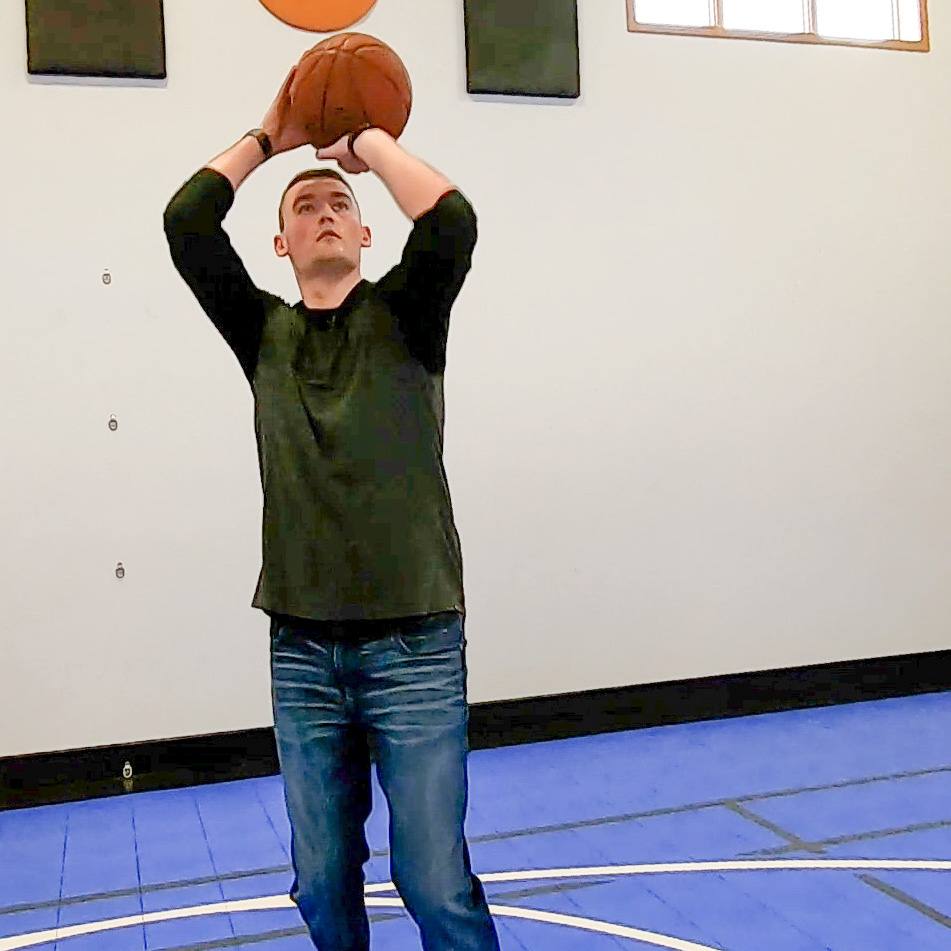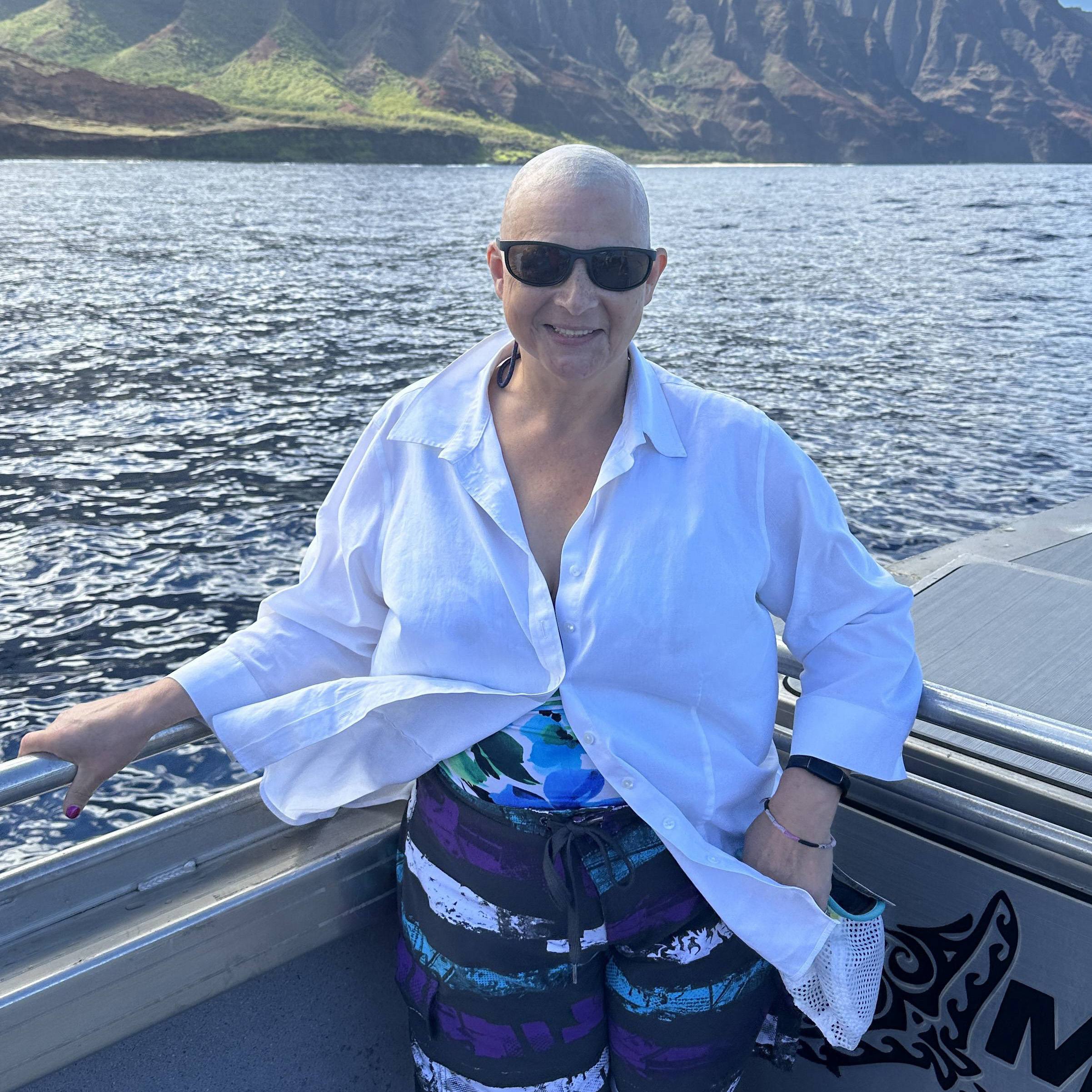In case you missed Part 1, click here: "Coping with Lewy Body - Part 1".
Don writes:
Coping with Self-knowledge and Self-doubt
I entered into last summer with the conviction that I had a fairly good knowledge of my strengths and weaknesses, that I would know what I can expect of myself in almost any circumstances. Then came the hallucinations and related events. I was told that these experiences had stretched over several weeks rather than the four or five days that I remembered. Most of these “episodes” I neither remember deciding to do or doing. Even when one makes allowance for the effects of various medications which the doctors were using as they attempted to find the most effective combination, this all dramatically called into question my self-knowledge and raised self-doubt.
By profession I am a teacher and counselor. People come to teachers and counselors to get information and help in regard to the present and the future. Could I any longer be confident that I can distinguish what is in the textbook or counselee’s mind from my own personal fantasies? Could I convince potential clients that I can make the distinction?
I found some answers to my questions in the reminder that no competent teacher or counselor works totally in isolation. I have always had the personal and professional support and critique of friends and colleagues. Why would I not have such support now? The two psychiatrists who are accompanying me personally and with medications have encouraged me to continue with any activities which I find life-giving -- and possible. Finally to reassure the directors of the works for which I volunteered, I promised that if, despite the care of the psychiatrists and their prescribed medications, any disruptive behavior like last summer were to occur, I would consider my volunteer service terminated.
Actually as I reflect back on my activities during the past eleven months, I have found that the DLB experiences I have had are giving me a more tolerant understanding of myself and of the hurting persons who come to me for assistance.
Our self-image can be changed by any number of factors in our lives, including DLB. Any change can tell us things about ourselves that we like and others that we dislike. But ultimately there is only one manner of benefiting from the changes, and that is to acknowledge the newer and truer self which they can reveal. There is only one way of misusing the new image, and that is to ignore it.
Fortunately as I was reflecting on this question of values and reality, I chanced upon a television interview of a forty-year-old man who, despite his relatively young age, contracted Parkinson’s Disease. He explained that his initial response was one of anger, but that gradually he came to realize he had a choice: spend what is left of his life boiling about his misfortune or accepting and making the most of the hand which was dealt him.
Coping with DLB Isolation
As I mentioned earlier, one of the prominent themes in letters from DLB victims published in Lewy Body Journal is that of gratitude that the publication exists and publishes these letters, thereby making it unnecessary that DLB patients need stand alone against the disease. I suppose that there is some isolation generated by any illness, because illness usually involves separation from ones daily companions and usual life patterns as the ill person seeks out the way to recovery. But unfortunately this separation is from the people and places and activities which normally support the person’s physical and mental health…
…I can see why this isolation and loneliness would be even more painful in the case of DLB. Therefore I would like to call attention to several aids which I and others have found helpful in dealing with this isolation. Basically they all attempt to make the patient aware of the inter-relationship already existing or possible between the patient and the rest of life and reality, both joyful and painful.
- A good place to start or deepen one’s attempt to understand how the DLB patient experiences the disease would be through the reading of some of the letters submitted to the Lewy Body Journal, a resource which is as near as the internet, or www.MayoClinic.com.
- Learning as much as possible about the disease can be helpful in resolving ungrounded fears and serving to bind the victims together by common DLB symptoms.
- If a DLB support group exists in your area, it can be of great help in diminishing this isolation. If none exists, you might consider starting one with a few of your DLB friends.
- I have seen several variants of the suggestions to combat isolation which follow: On a desk calendar, pocket planner, etc. note down each day or every second day, etc. the name of a person or event who or which has left a special impression on your life. Then spend a few quiet minutes each day recalling with gratitude and reverence that person or event, perhaps saying aloud something you would like to say to the person chosen, were he or she present; or describing what about the event so moved you. When you cannot remember any further high points, begin again with the list you have made. As you do this repetition, you will probably find yourself remembering other special persons and events.
- Insofar as possible circulate among DLB and other folks—this will change some strangers into supportive friends.
- Do all you can to spread information about DLB in your circles. The more attention given to the disease, the sooner will it become treatable or even eliminated. Realize that in all of these ways you can in a practical way be a member of the research and treatment teams seeking to know and eliminate DLB.
- Insofar as possible, keep in touch with developments in the world around you, especially those which can support your optimism. (Yes, there are some!)
- Insofar as your circumstances allow, keep in touch with your hobbies and other interests. Such practices can help us remain a living part of the universe around us rather than an isolated DLB on-looker.
Reviewing my Experience of DLB
...I have been able to see values in a more realistic self-image, that I have grown in respect for people who patiently bear confinement to nursing homes for long years, because for eleven months I have borne something of their fate. I can sympathize better with those who have felt the stigma of mental illness.
All of this has made me much more aware of the benefits I have enjoyed: seventy-eight years of very good health; good medical care, administered by skilled and caring doctors and nurses. Thanks to this illness, I have come to appreciate more than previously even the assistance offered by family and friends, possibly because I had never felt so helpless. I think of the day when, confined in a holding room because the doctors had not yet diagnosed the cause of my hallucinations, I suddenly saw my sister walking through the door bringing me some unsolicited clean clothing – and not a hallucination!
Conclusion
The purpose of this letter has been to identify some of the ways that I and others have found to cope with the challenges which DLB has brought into our lives.
Concretely I have found myself called to a deeper appreciation of the people and events which have shaped my life and continue to support it. May your appreciation of the positive elements in your life, past and present, help you to cope with and even benefit from your experience of Dementia Lewy Body.
-Don
Related Diseases
Related Departments
Related Articles







